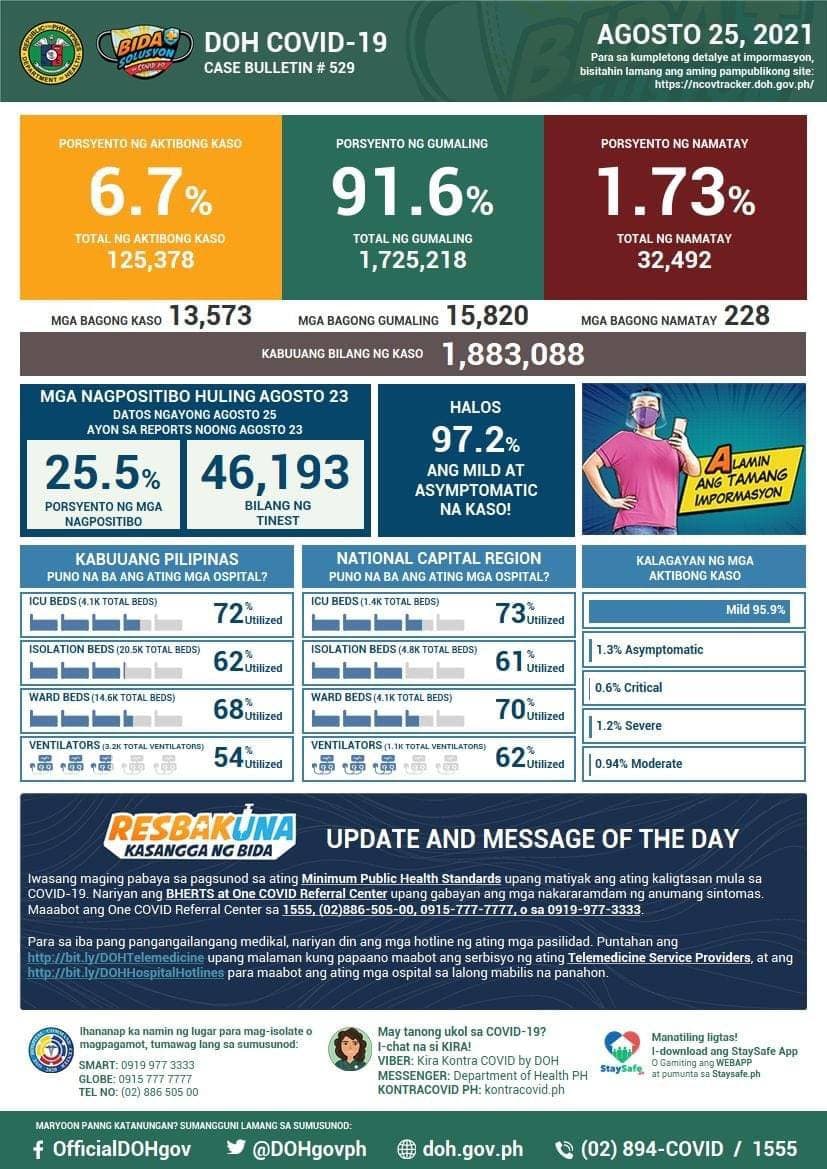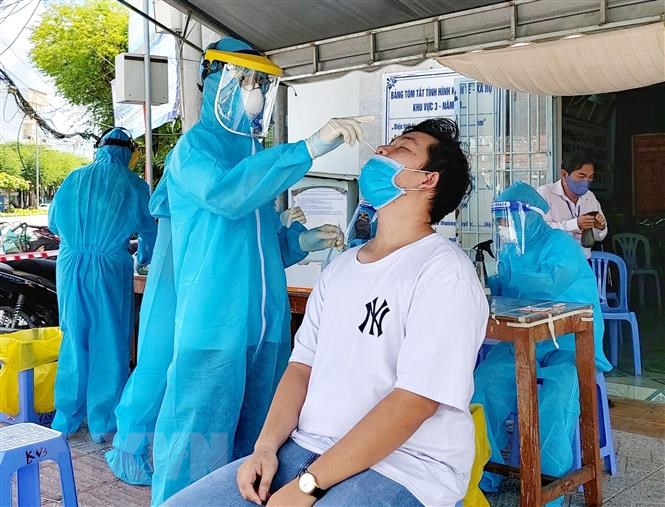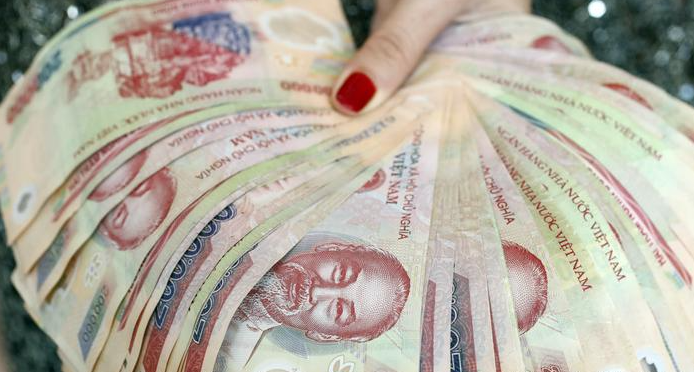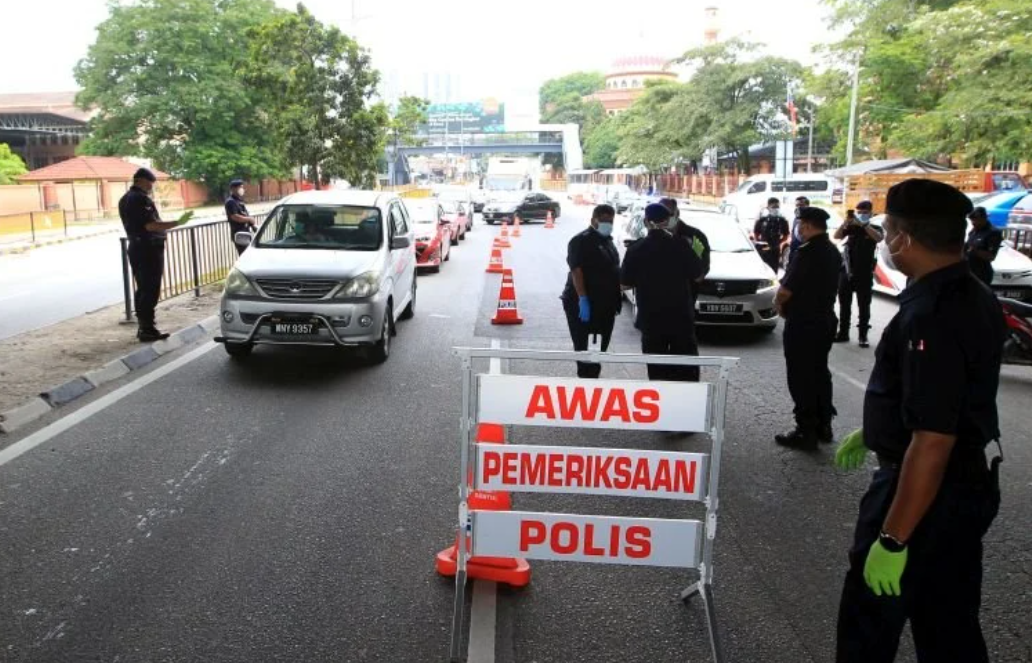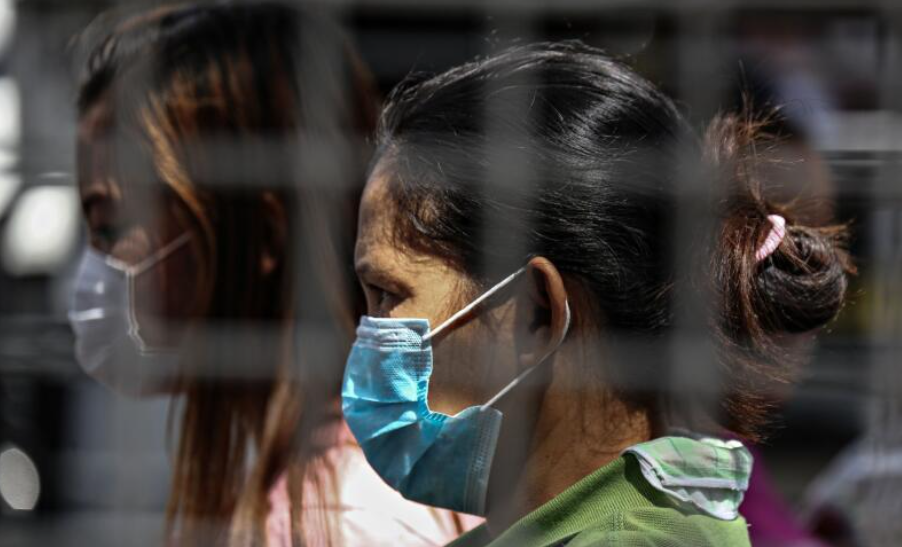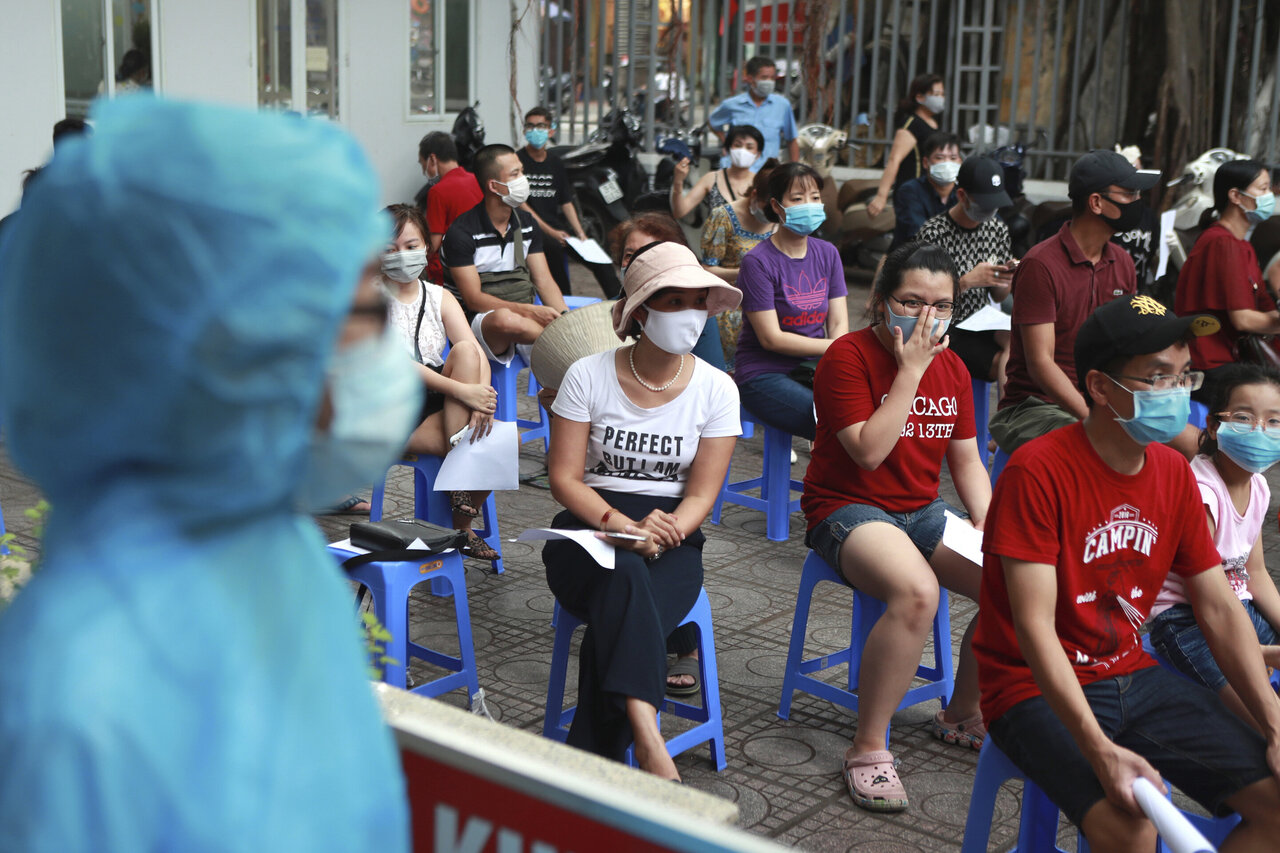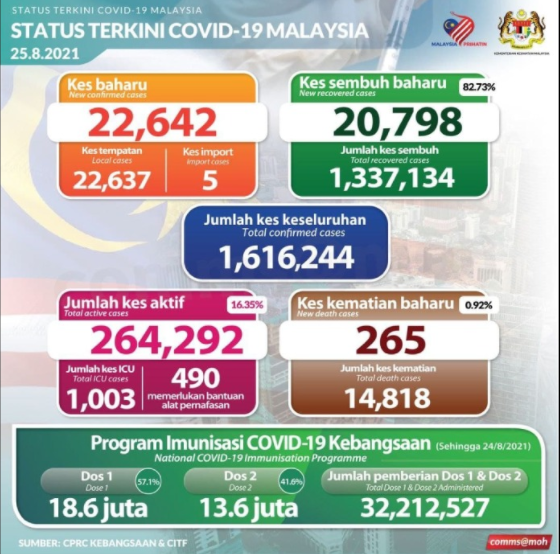
Malaysia's daily COVID-19 tally remains above 20,000 mark, 22,642 cases
Malaysia’s daily tally of COVID-19 cases remained above the 20,000-mark as 22,642 new cases were reported over the past 24 hours,
Health director-general Tan Sri Dr Noor Hisham Abdullah said.
In the latest data shared on Facebook and Twitter, Dr Noor Hisham said the number brings the cumulative total of COVID-19 infections in the country to 1,616,244.
He said Selangor still recorded the highest daily new cases at 6,325, followed by Sabah (3,224), Kedah (2,279), Johor (1,832), Sarawak (1,667), Penang (1,427),
Kelantan (1,424), Perak (1,390) and Kuala Lumpur (1,128).
Other states recorded below 1,000 cases, namely Terengganu with 744 cases, Pahang (522), Melaka 342, Negeri Sembilan (269), Perlis (44), Putrajaya (21) and
Labuan (four).
Malaysia’s daily COVID-19 tally climbed back above the 20,000-mark after recording 20,837 cases yesterday from only 17,672 cases on Monday.
Meanwhile, Dr Noor Hisham said in a statement that of the 22,642 new cases today, 478 cases of 2.1 per cent were in categories three, four and five, while the
other 22,164 cases were in categories one and two.
He said 18,143 infections or 80.1 per cent of the new cases involved unvaccinated individuals or those not yet fully vaccinated.
COVID-19 is a five-category disease, with category five being the most severe.
On recoveries, he said 20,798 cases were reported today, bringing the cumulative figure for those who had recovered to 1,337,134 and active cases to 264,292.
Dr Noor Hisham said 1,003 patients were being treated in the intensive care unit (ICU), with 490 of them requiring ventilators.
He also said 265 deaths were reported, involving 219 Malaysians and 46 foreigners, with 69 being brought-in-dead (BID) cases.
On new clusters, he said 42 were detected, with 23 at the workplace, 13 in the community, five linked to high-risk groups and one at a detention centre.
Based on the latest data, the COVID-19 infectivity rate or R-Naught (Rt) in Malaysia yesterday was 1.02, with Perlis registering the highest Rt value of 1.28, followed
by Sarawak (1.22) and Sabah (1.21).
All states recorded an Rt value exceeding 1.0 except Selangor, Kuala Lumpur, Putrajaya, Labuan and Negeri Sembilan.
Reference website:BERNAMA.com

